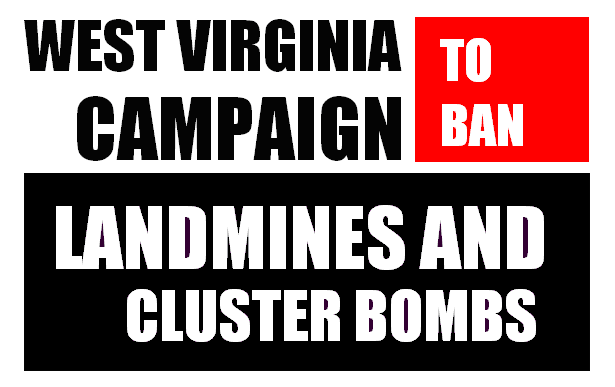ICBL-CMC Press Release

Cluster Munition Convention welcomes new states and reiterates condemnation of recent use and transfer of the weapon
The Eleventh Meeting of States Parties to the Convention on Cluster Munitions welcomed two new States this week and celebrated stockpile destruction and clearance milestones by States Parties while reiterating its condemnation of any use of the weapon by anyone anywhere. The strong progress on convention implementation demonstrated by States Parties during the four-day meeting stands in stark contrast to the recent use, production, and transfers of the weapon by countries that have not banned cluster munitions, as documented in the 2023 Cluster Munition Monitor Report. “As we witness the shocking increase in civilian harm from new use of cluster munitions, it is crucial that States promote universal adherence to this convention,” said ICBL-CMC Director Tamar Gabelnick. “Russia is primarily responsible for this global increase due to widespread use of cluster munitions in Ukraine. We are dismayed to see Ukrainian Forces use of the weapon as well, and appalled at the United States’ decision to transfer cluster munition stocks to Ukraine in July.” Among highlights of the Eleventh Meeting of the Convention on Cluster Munitions, which concluded on September 14:
- Bulgaria, Slovakia, and South Africa formally announced the completion of their respective years-long processes to destroy their stockpiled cluster munitions. Between them, the three have destroyed a total of 9,582 cluster munitions and 585,422 submunitions;Peru—now the last state party with cluster munition stocks left to destroy—said it is on track to meet its stockpile destruction deadline of April 1, 2024;Bosnia and Herzegovina announced that it has completed the clearance of cluster munition remnants from its territory, clearing more than 14 square kilometers of land. Its landmine clearance work continues;Nigeria and South Sudan—the latest countries to ratify the convention in February and August respectively—spoke during the meeting to reiterate their firm support for the convention and willingness to implement it;Six of the 12 countries that have signed, but not yet ratified the treaty participated in the conference. One was the Democratic Republic of the Congo, which said it is working to ratify the convention by the end of 2023; andNine countries that have not signed the treaty attended as observers. One of them, Türkiye, reiterated that “it has never used, produced, imported or transferred cluster munitions since 2005, nor does it intend to do in the future.”
WVCBL/PSALM join MINE ACTION FELLOWS in condeming use of cluster munitions and implore all states, including the U.S. to join the CONVENTION ON CLUSTER MUNITIONS.
Approximately 66 States Parties to the Convention on Cluster Munitions participated in the 11th meeting. They adopted a final report that “underscored the obligation of States Parties never under any circumstances to use, develop, produce, otherwise acquire, stockpile, retain or transfer cluster munitions” and “condemned any use of cluster munitions by any actor.” In their report, the states expressed the meeting’s “grave concern at the significant increase in civilian casualties and the humanitarian impact resulting from the repeated and well documented use of cluster munitions” since 2021, particularly with respect to “the use of cluster munitions in Ukraine.”
